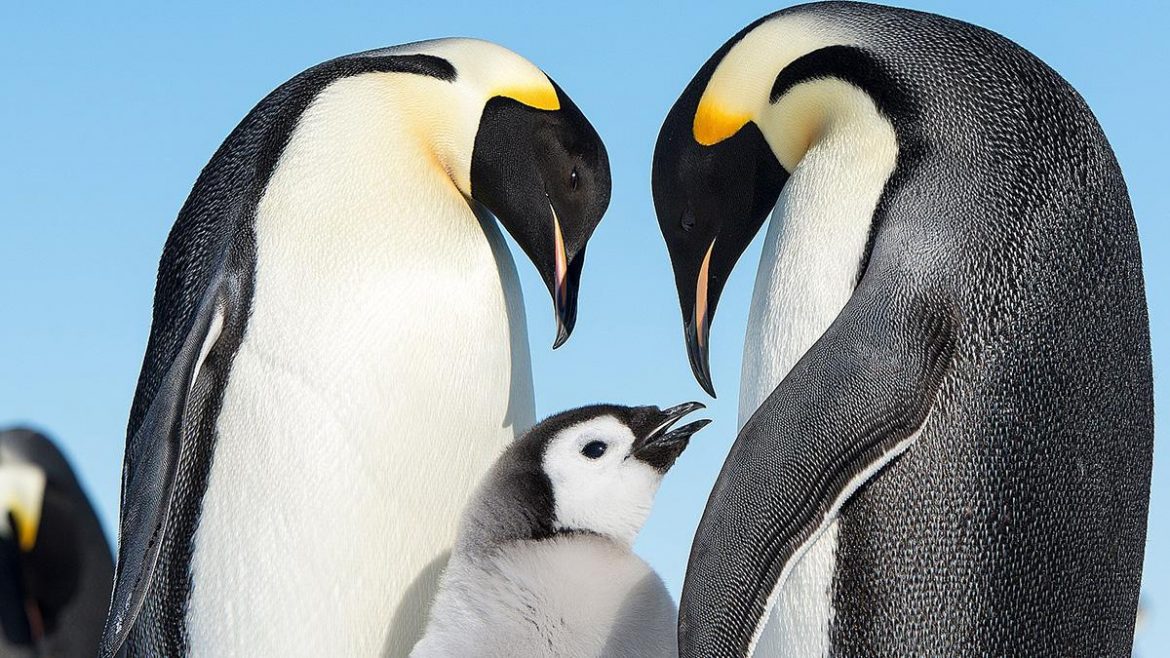An expert from the Argentine Antarctic Institute (IAA) has warned that increasing climate change impact could force the emperor penguin, which roams Antarctica’s frozen tundra and chilly seas into extinction in the next 30 to 40 years.
Known as the world’s largest penguin and one of only two penguin species endemic to Antarctica, the emperor gives birth during the Antarctic winter and requires solid sea ice from April through December to nest fledgling chicks.
Biologist, Marcela Libertelli, who has studied 15,000 penguins across two colonies in Antarctica at the IAA, said that if the sea freezes later or melts prematurely, the emperor family cannot complete its reproductive cycle.
Read also: Public-private partnership key to meeting climate change targets— Jamaican Official
“If the water reaches the newborn penguins, which are not ready to swim and do not have waterproof plumage, they die of the cold and drown,” he said. “This has happened at the Halley Bay colony in the Weddell Sea, the second-largest emperor penguin colony, where for three years all the chicks died”.
Libertelli said that every August, in the middle of the southern hemisphere winter, he and other scientists at Argentina’s Marambio Base in Antarctica travel 65 km (40 miles) each day by motorbike in temperatures as low as -40 degrees Celsius (-40°F) to reach the nearest emperor penguin colony.
He explained that they count, weigh, and measure the chicks, gather geographical coordinates, and take blood samples as soon as they get there, adding that they also conduct aerial analysis.
He noted that their latest findings pointed to a grim future for the species if climate change is not mitigated.
“Climate projections suggest that the colonies that are located between latitudes 60 and 70 degrees [south] will disappear in the next few decades; that is, in the next 30, 40 years,” Libertelli said.
He maintained that the emperor penguin’s disappearance could have a dramatic impact throughout Antarctica, an extreme environment where food chains have fewer members and fewer links.
Recall that in early April, the World Meteorological Organization warned of “increasingly extreme temperatures coupled with unusual rainfall and ice melting in Antarctica”.
Story was adapted from Global News.
